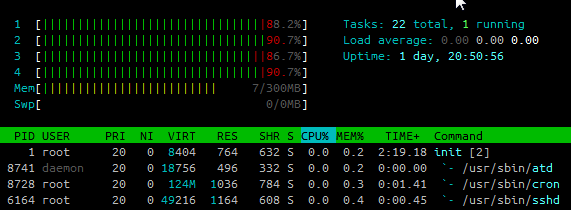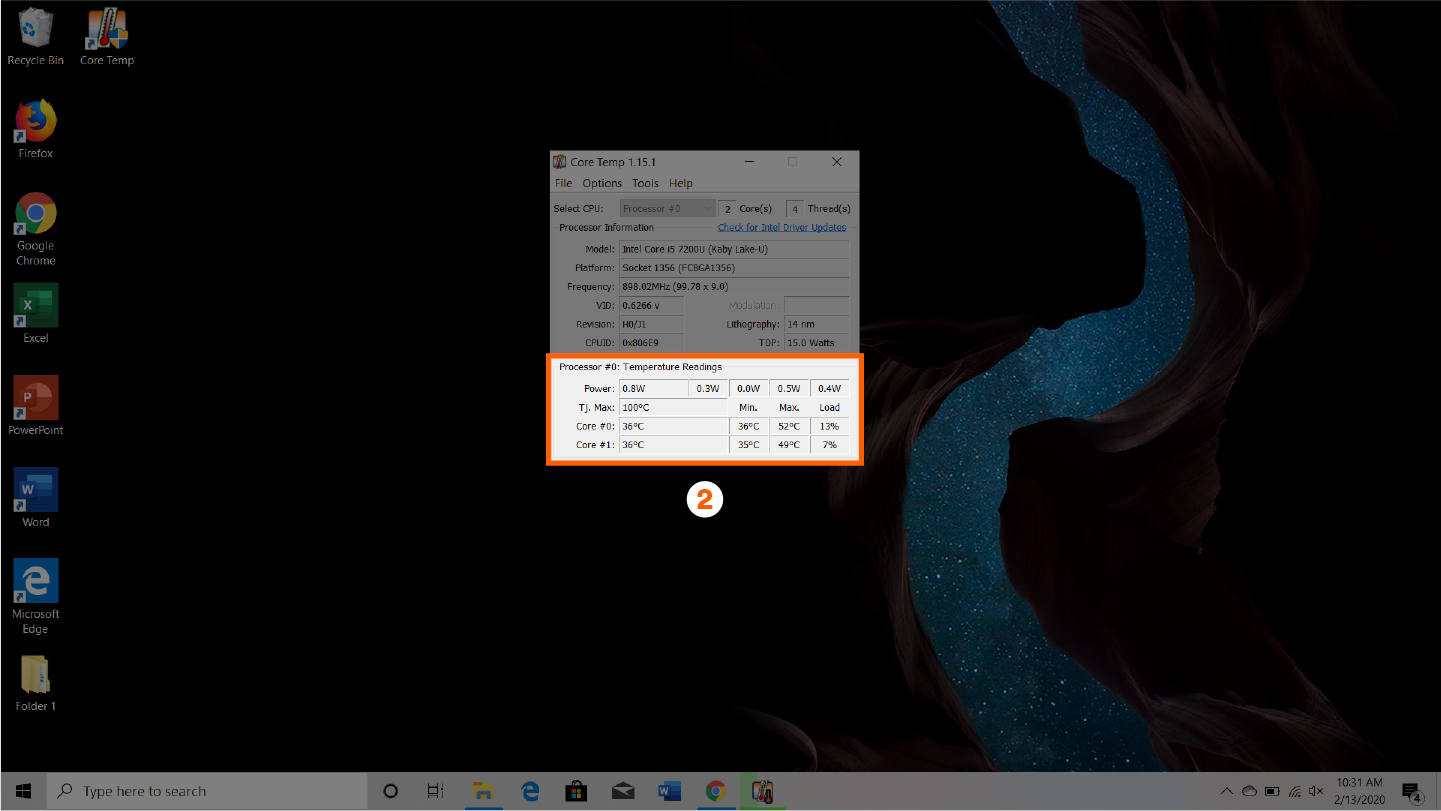

Once you've configured the various tools required to extract temperature information, you'd be better off using a proper monitoring tool (such as Munin) to log the temperatures instead of relying on the system logs. (Most of the systems I've seen have at least one, invalid, monitoring entry which would set off alarms if it was auto-configured!) Of course it's entirely possible to set up an installer image for your own systems since you know what they are and how they're configured. This configuration requirement means that it would be difficult to set up a generic distribution which logs temperatures by default in a meaningful way.


Many other tools can retrieve this type of information (using IPMI, SNMP, etc.) but again in most cases they need to be configured, either to be able to access the information in the first place, or to be able to interpret it, or both. Taking Debian as an example, sensord will periodically log all the information it knows about (system temperatures, voltages etc.) to the system log, but it needs to be configured manually before it can log anything useful hddtemp can be set up to periodically log hard drive temperatures. Most mainstream Linux distributions do include various packages which can log temperatures, and some of these packages are set up to log by default. The full list of Linux 5.12 HWMON changes can be found via the pull request.I'm not aware of a mainstream Linux distribution which logs this type of information by default. There is also now support for sensor monitoring on ASRock motherboards with the NCT6683 driver. Outside of the Ryzen Zen 3 desktop CPU temperature monitoring support, Family 19h Model 30h (EPYC 7002 presumably) is matched for the AMD_Energy driver. This is one of the areas where AMD hiring more Linux engineers could benefit from some more timely improvements. Linux 5.11 also dropped the voltage/current reporting from Zen processors with the k10temp driver over lack of documentation and as a result various issues and inaccuracies. There isn't any CPU energy/power monitor yet with the AMD_Energy driver continuing to be just restricted to EPYC server processors. The two line patch didn't come from AMD but a community developer and has been verified to work on the Ryzen 5800X / 5900X / 5950X processors to provide correct CPU temperature monitoring. The patch just needed to add the IDs for the Zen 3 parts to the k10temp driver while the rest is unchanged. There is now Zen 3 desktop CPU temperature monitoring support within the existing k10temp driver. The hardware monitoring (HWMON) subsystem updates were sent in this morning for the just-opened Linux 5.12 merge window.

Due to an unfortunate misalignment of the Ryzen 5000 series launch and the Linux kernel cycles, CPU temperature monitoring for Ryzen 5000 (Zen 3) desktop CPUs isn't landing until now with the Linux 5.12 kernel cycle.


 0 kommentar(er)
0 kommentar(er)
